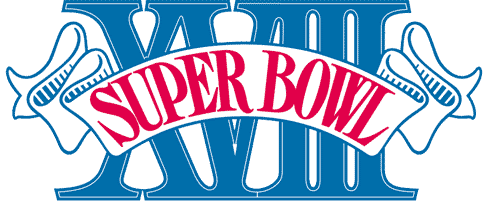
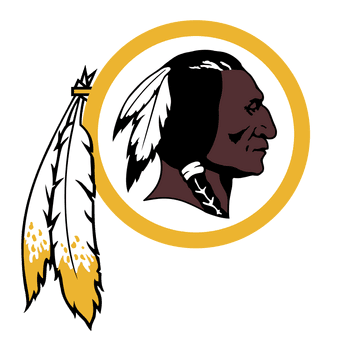
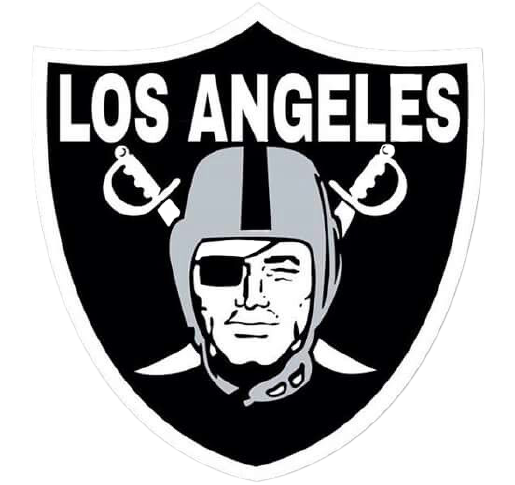
Like many others before it, Super Bowl XVIII was groundbreaking in its own right. The reigning champion Washington Redskins returned for a shot at becoming the fifth team in NFL history to clinch back-to-back titles. Both teams on the field — the Redskins and Raiders — held the No. 1 seed in their respective conferences. And Los Angeles was vying to become the first Los Angeles-based NFL team to reign victorious on the big stage.
January 22, 1984, marked a record-breaking Super Bowl ending in an unexpected 29-point margin of victory and the transition to commercials prioritizing marketing. By the time you're done reading this article, you'll know why the stadium used for Super Bowl XVIII was a first-of-its-kind, whether the Redskins secured a consecutive championship, and which 60s and 70s musical star belted out the National Anthem.
Despite going two seasons without Super Bowl contention, the Raiders lineup were no strangers to the big game. Los Angeles still had Jim Plunkett — Super Bowl XV MVP — calling the plays as the Raiders' quarterback and posting impressive regular-season stats (2,935 yards, 60.7% pass completion, and 20 touchdowns). Plunkett's "right-hand man," running back Marcus Allen, rushed for 1,014 yards and nabbed 11 touchdowns in only his second year in the pros.
Yet, Plunkett and Allen didn't achieve a 12-4 regular-season record without a little help. Punt returner Greg Pruitt (666 punt return yards), the wide receiver tandem of Malcolm Barnwell and Cliff Branch (combined for 1,209 yards), and defensive lineman Howie Long (13 total sacks) led the team to its fourth Super Bowl appearance in franchise history.
While the Redskins destroyed the Dolphins by 10 points in the previous Super Bowl, many believed that the 1983-84 Redskins were even more skilled on the gridiron. Of the two losses the team posted during the regular-season, both were by a margin of one point, and Washington's performance otherwise was remarkable.
On top of scoring the most points of all-time in NFL history (541), the Redskins still had veteran quarterback Joe Theismann in the lead role (29 touchdowns, 3,714 yards, and a 60.1% pass completion). Other standouts guiding Washington to a conference-best 14-2 record included John Riggins (1,347 yards and a record 24 touchdowns), defensive tackle Dave Butz (11.5 sacks), and wide receiver Charlie Brown (1,225 yards in 78 receptions).
The Redskins and the Raiders met on the field early in the season, giving at-home viewers a possible glimpse into how this Super Bowl would go. The Super Bowl champion Redskins ousted the Raiders with a narrow 37-35 victory, but only because they scored a whopping 17 points in the last quarter. So while the Redskins were favorites to win another Bowl, the Raiders could claim a victory by obliterating Washington's defense and holding off their O-line.
On January 22, 1984, over 72,920 sports fans rushed into Tampa Stadium in Florida to catch sight of the big game — the first time a Florida city other than Miami hosted the event. Fans shelled out a whopping $60 for a ticket on average (worth about $150.31 in today’s money), a $20 and 50% price hike from the previous three Bowls.
Super Bowl XVIII festivities began early with a touching tribute to the recently-passed Bears head coach George Halas and stunning performances by the Florida State University Marching Chiefs and University of Florida Fightin' Gator Marching Band. "Could It Be Magic" singer Barry Manilow took to the field to belt the National Anthem, a coin toss aided by Bronko Nagurski (Chicago Bears 1930-37, 43) landed on heads, and the two teams took to the field for kickoff.
The Raiders found themselves on the scoreboard early on in the first quarter. Tight end Derrick Jensen managed to block a Washington punt that ended up dribbling into the end zone and allowing him the chance to recover the loose ball, giving the Raiders a 7-0 lead.
Upon regaining possession early in the second quarter, Plunkett and the Raiders wanted to carry the first quarter's momentum forward. Cliff Branch snagged a 50-yard pitch from Plunkett (a play that brought Los Angeles into scoring territory). A few plays later, a 12-yard pass to wide receiver Cliff Branch was all it took to boost Los Angeles's lead to 14-0 — only the fourth player in league history to nab touchdown passes in two separate Super Bowls.
Theismann and the Redskins' attempt to play catch-up didn't go according to plan. The Raiders defense stifled a series of passes to force the Redskins to accept a 24-yard field goal by kicker Mark Moseley instead. And with just seven seconds left in the half, the Raiders answered on an interception play. Los Angeles linebacker Jack Squirek darted five yards to widen the Raiders lead to 21-3.
With the underdog Raiders up 21-3, both teams went off to the locker rooms in positions they didn't expect to be in. Meanwhile, the marching bands returned to the field to perform a halftime show called, "Salute to Superstars of Silver Screen."
Early in the second half, the Redskins scored for their second and final time in Super Bowl XVIII. Theismann pressed the O-line 70 yards down the field over eight plays until John Riggins — Super Bowl XVII MVP — grabbed a 1-yard touchdown dash. However, Moseley couldn't connect on the extra point, leaving the Redskins trailing 21-9.
Following a pass interference penalty by Washington, the Raiders wound up in scoring position again and added seven more points to the board on a 5-yard touchdown by Marcus Allen. The Redskins couldn't repeat a risky fourth-down conversion as they did in the previous Super Bowl, and Allen secured another touchdown — this time a record 74-yard run on a handoff — to give the Raiders a massive 35-9 lead.
Super Bowl XVIII was completely out of reach by the beginning of the fourth quarter. The Raiders held onto their lead and added a 21-yard field goal by kicker Chris Bahr with little more than two minutes remaining. The Raiders ended Super Bowl XVIII with a shocking upset victory and a final score of 38-9.
Raiders running back Marcus Allen didn't just win the Heisman Trophy in 1981 — he also walked off the field in Tampa with the title of MVP.
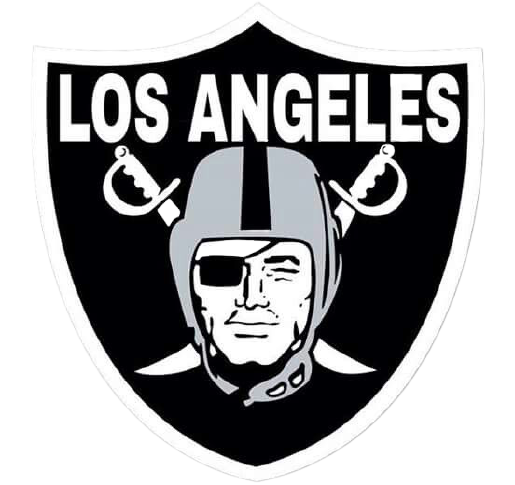
Allen's stellar Super Bowl performance added 12 of Los Angeles's 38 points to the scoreboard and helped to drag the game out of reach for the Redskins.
Super Bowl XVIII had big shoes to fill, following two of the highest-rated Super Bowls in NFL history — XVI secured a high 49.1 Nielsen rating while XVII was just 0.5 points below scoring 48.6. Over 105.2 million viewers across the nation tuned in to CBS on Super Bowl Sunday 1984 to watch what they thought would be an even match-up. The Nielsen rating for Super Bowl XVIII fell short of previous Bowls but wasn't too shabby at just 46.4.
Thirty- to sixty-second commercial slots had been used for advertising products during the big game to an audience of tens of millions — a possible windfall for company revenue. Super Bowl XVIII took this strategy to new heights during the third quarter.
The game's most memorable commercial, an ad entitled "1984,” helped shine the spotlight on the newly-debuting Macintosh computer. Not only did this put Apple on the map as a future tech giant, but it also changed how advertisers would use these pricey commercial slots in the future. To put that into perspective, in 1984 it cost $368,000 for a 30-second ad.
Both teams went into Super Bowl XVIII relatively evenly matched. The Redskins and the Raiders secured the No. 1 seed in their conferences and concluded the season with similar records (12-4 Raiders, 14-2 Redskins). Yet, given the Redskins were the reigning champions with a star-studded defense, experts wagered that Washington would win by a margin of three points.
The Raiders didn't just defeat the Redskins in Super Bowl XVIII — they blew them out of the water. Washington's upset victory covered the 3-point spread by a massive 32 points after defeating the Raiders 38-9 (the 29-point margin was the greatest in Super Bowl history). And anyone betting on "over" just missed their chances to win on an over/under of 48 total points.
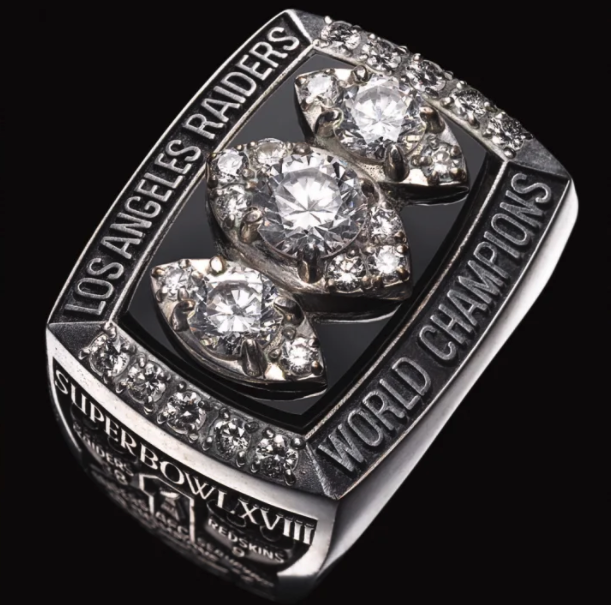
In Super Bowl XVIII, the underdog not only won the championship but also did so by record margins. And while the Raiders left it all on the field in Tampa, neither team would be returning to the Super Bowl the following season. But the teams who did qualify for Super Bowl XIX were no strangers to the spotlight — can you figure out which teams made it?